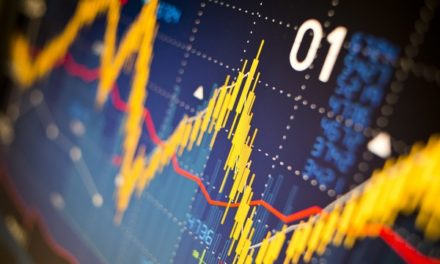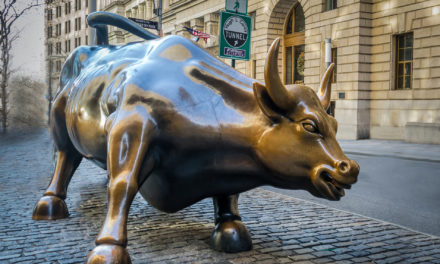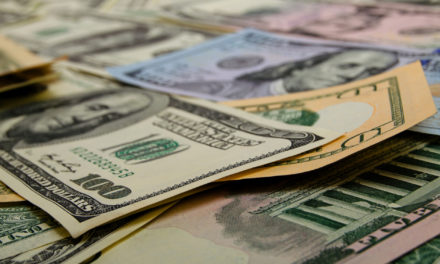
“When we own portions of outstanding businesses with outstanding managements, our favorite holding period is forever.”
— Warren Buffett
One of the most important things investors can learn from Warren Buffett, is about how they approach their time horizon for an investment into a stock under consideration. Because immediately after buying shares of a given stock, investors will then be able to check on the day-to-day (and even minute-by-minute) market value. Some days the stock market will be up, other days down. These daily fluctuations can often distract from the long-term view. Today, we look at the result of a two-decade holding period for an investor who was considering Universal Health Services, Inc. (NYSE: UHS) back in 2001, bought the stock, ignored the market’s ups and downs, and simply held through to today.
| Start date: | 01/26/2001 |
|
|||
| End date: | 01/25/2021 | ||||
| Start price/share: | $20.92 | ||||
| End price/share: | $127.56 | ||||
| Starting shares: | 478.01 | ||||
| Ending shares: | 521.64 | ||||
| Dividends reinvested/share: | $4.89 | ||||
| Total return: | 565.40% | ||||
| Average annual return: | 9.93% | ||||
| Starting investment: | $10,000.00 | ||||
| Ending investment: | $66,492.88 | ||||
As we can see, the two-decade investment result worked out well, with an annualized rate of return of 9.93%. This would have turned a $10K investment made 20 years ago into $66,492.88 today (as of 01/25/2021). On a total return basis, that’s a result of 565.40% (something to think about: how might UHS shares perform over the next 20 years?). [These numbers were computed with the Dividend Channel DRIP Returns Calculator.]
Always an important consideration with a dividend-paying company is: should we reinvest our dividends?Over the past 20 years, Universal Health Services, Inc. has paid $4.89/share in dividends. For the above analysis, we assume that the investor reinvests dividends into new shares of stock (for the above calculations, the reinvestment is performed using closing price on ex-div date for that dividend).
Based upon the most recent annualized dividend rate of .8/share, we calculate that UHS has a current yield of approximately 0.00%. Another interesting datapoint we can examine is ‘yield on cost’ — in other words, we can express the current annualized dividend of .8 against the original $20.92/share purchase price. This works out to a yield on cost of 0.00%.
Here’s one more great investment quote before you go:
“Investors should always keep in mind that the most important metric is not the returns achieved but the returns weighed against the risks incurred. Ultimately, nothing should be more important to investors than the ability to sleep soundly at night.” — Seth Klarman




